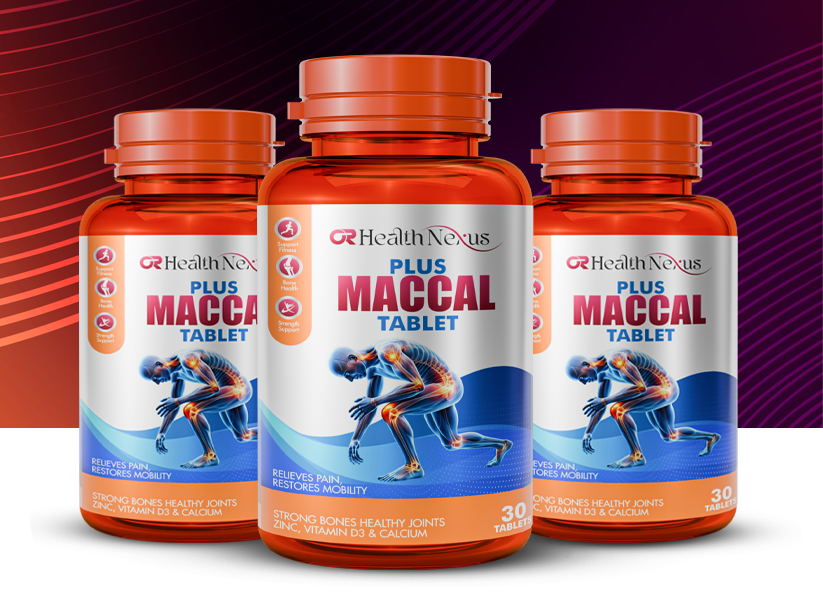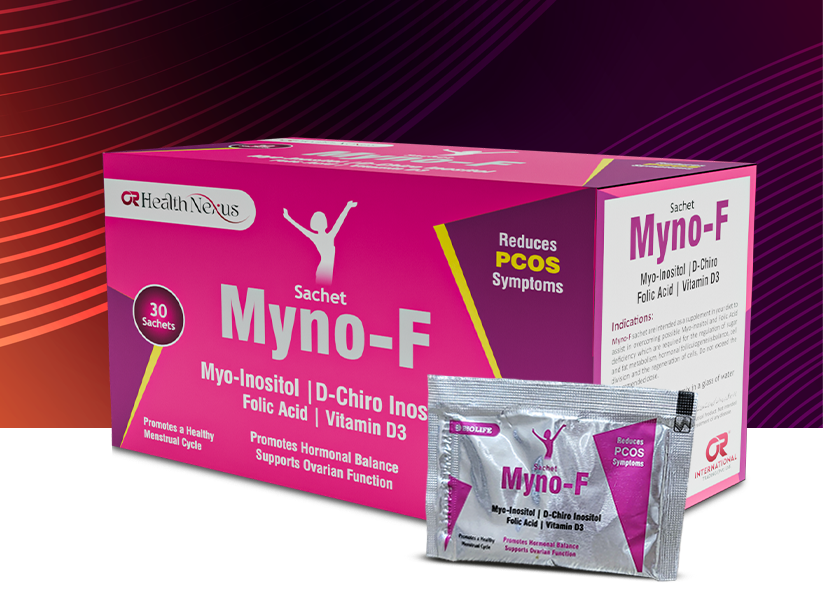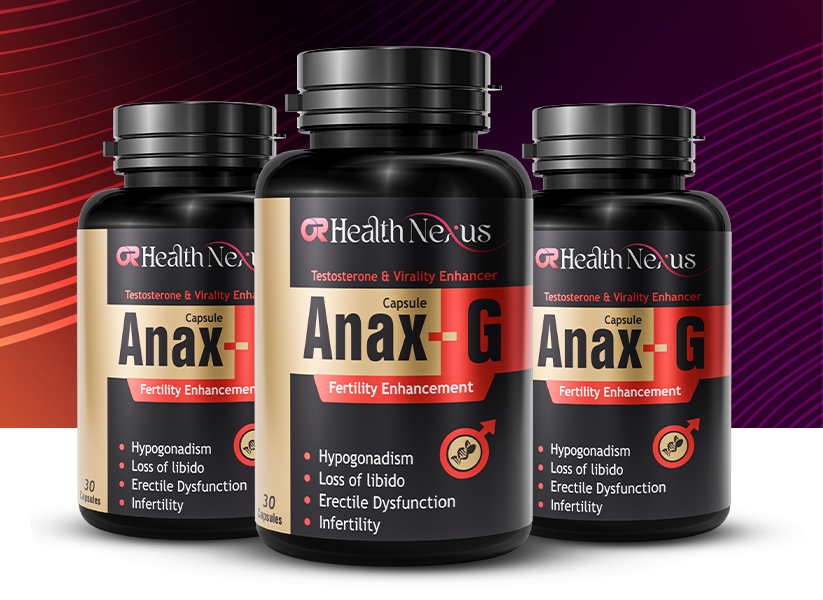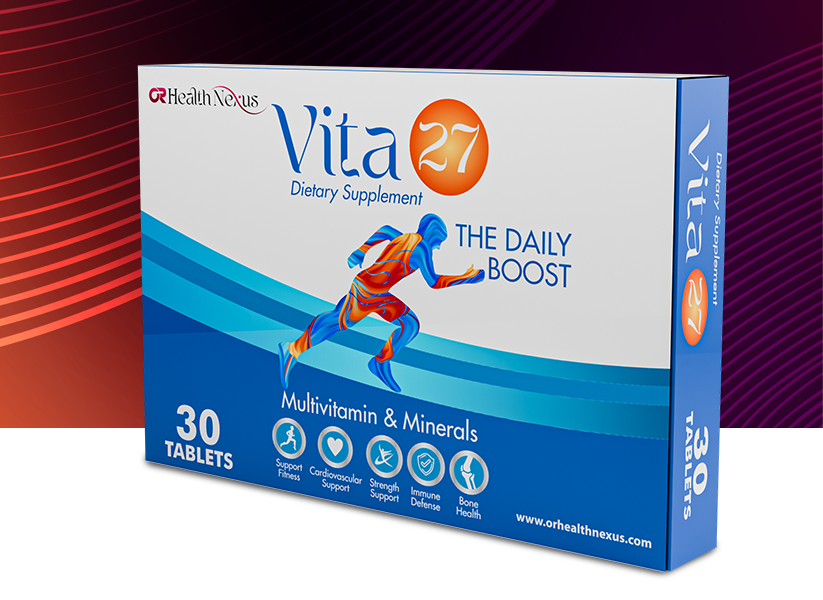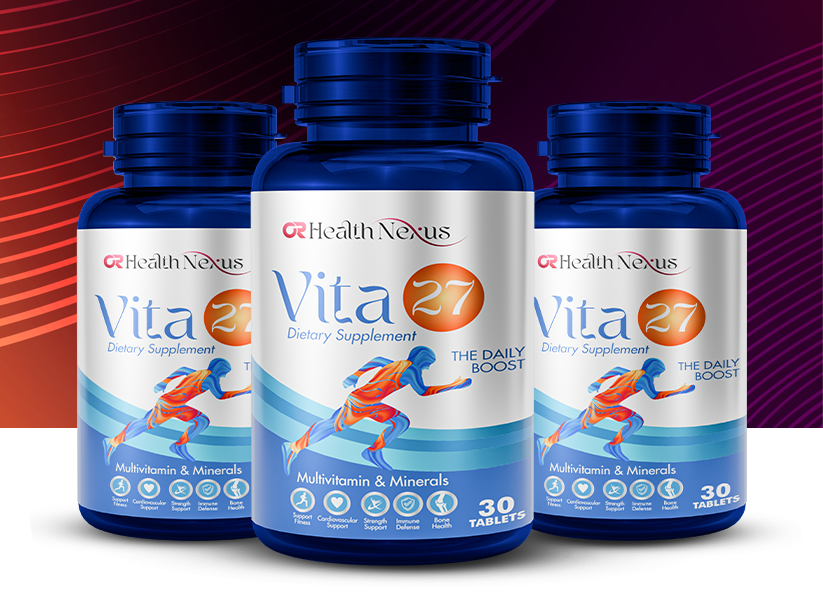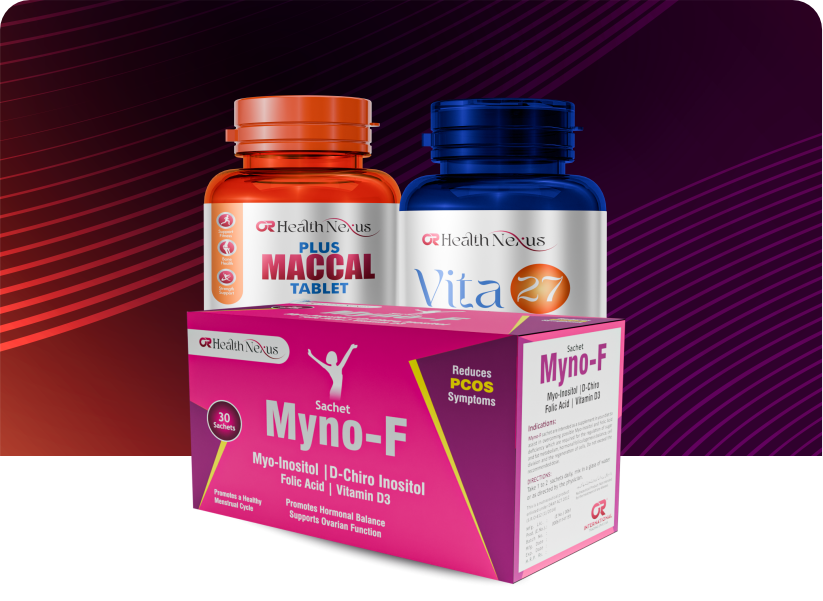Vitamin A:
Supports healthy vision, particularly in low-light conditions. Plays a role in maintaining the health of the skin and mucous membranes. Contributes to the proper functioning of the immune system.
Vitamin C:
Acts as a powerful antioxidant, protecting cells from damage caused by free radicals. Supports the immune system, helping to reduce the duration and severity of colds. Promotes collagen production, which is essential for skin health and wound healing. Enhances the absorption of iron from plant-based foods.
Vitamin D3:
Facilitates the absorption of calcium and phosphorus, promoting bone health and strength. Supports immune function and may help reduce the risk of respiratory infections. Plays a role in mood regulation and may reduce the risk of depression.
Vitamin E:
Acts as a powerful antioxidant, protecting cells from oxidative damage. Supports skin health and may help reduce the appearance of wrinkles and age spots. Plays a role in immune function and may help reduce inflammation in the body.
Vitamin B1 (Thiamine):
Supports energy metabolism, helping convert carbohydrates into usable energy. Plays a role in nerve function and may help reduce the risk of neuropathy. Contributes to the proper functioning of the heart and cardiovascular system.
Vitamin B2 (Riboflavin):
Supports energy production by aiding in the metabolism of fats, carbohydrates, and proteins. Contributes to the health of the skin, eyes, and nervous system. Acts as an antioxidant, protecting cells from oxidative damage.
Vitamin B3 (Niacin):
Supports energy metabolism and helps maintain healthy cholesterol levels. Plays a role in DNA repair and cell signaling.
May help improve skin health and reduce the risk of certain skin conditions.
Vitamin B6 (Pyridoxine):
Necessary for the metabolism of amino acids, the building blocks of proteins. Supports neurotransmitter synthesis, aiding in mood regulation and cognitive function. Contributes to the production of red blood cells and immune function.
Vitamin B12 (Cobalamin):
Essential for red blood cell formation and proper nerve function. Plays a role in DNA synthesis and the metabolism of fatty acids and amino acids. Supports cognitive function and may help reduce the risk of neurodegenerative diseases.
Calcium:
Essential for building and maintaining strong bones and teeth. Supports muscle function, including contraction and relaxation. Plays a role in nerve transmission and hormone secretion.
Folic Acid:
Vital for DNA synthesis and cell division, especially during periods of rapid growth and development. Important for the formation of red blood cells and the prevention of anemia. Essential for the proper development of the fetal neural tube during pregnancy, reducing the risk of neural tube defects in infants.
L-Carnitine (USP) .............. 15mg
Vitamin A (USP) ................ 1000IU
Vitamin C (USP) ................ 50mg
Vitamin D3 (USP) .............. 4001U
Vitamin E (USP) .............. 15mg
Vitamin B1 (USP) .............. 1.4mg
Vitamin B2 (USP) .............. 2mg
Vitamin B3 (USP) .............. 2mg
Folic Acid (USP) .............. 400mcg
Vitamin B6 (USP) .............. 2mg
Vitamin B12 (USP) .............. 10mcg
Calcium (USP)..............35mg
Iron (USP) .............. 20mg
Zinc (USP) .............. 10mg
Magnesium (USP) ..............20mg
L-Arginine (USP).............. 20mg









